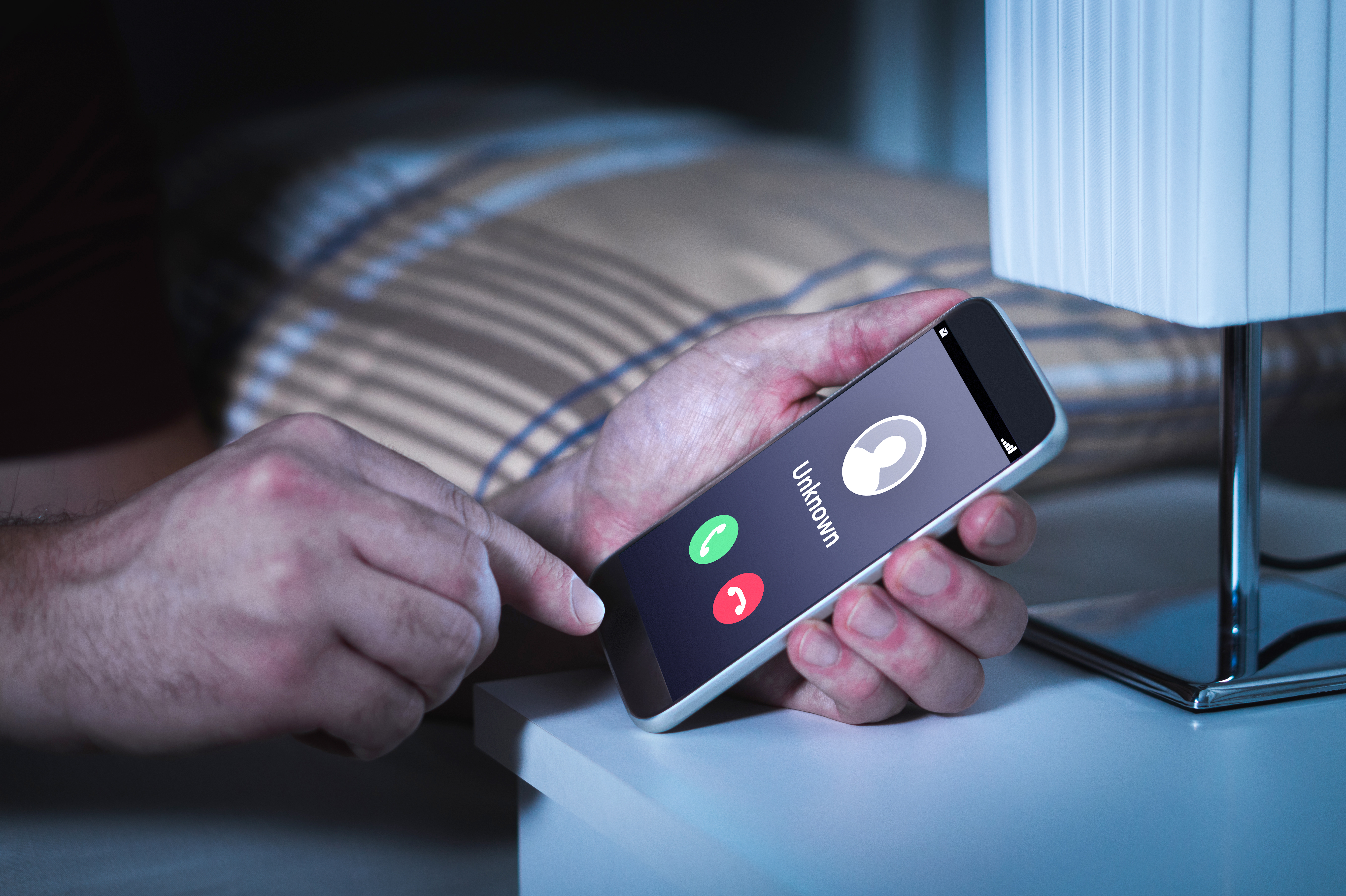AARP Hearing Center

Even during these turbulent times, it's important that we are staying safe and vigilant from scammers. AARPNY wants to ensure that you have all of the relevant information about coronavirus scams so you know what to look out for and how to best protect your family.
Here are some safety tips to spot a scam and learn how AARP is helping the community during the COVID-19 pandemic:
- In the face of the coronavirus pandemic, AARP is providing information, advocacy and resources to help older people and those caring for them protect themselves from the virus, prevent it from spreading to others and cope with the health problems and financial disruptions caused by the virus.
- The AARP Fraud Watch Network is working to empower consumers to spot and avoid scams, such Coronavirus scams, and to provide support and guidance to victims and their families when fraud happens.
Facts on Scams:
How much money is lost to scams each year?
- Scammers steal billions of dollars from unsuspecting consumers every year.
- Last year, victims of impostor fraud reported losses of $667 million.
- According to the Association of Certified Fraud Examiners 2018 report, businesses with less than 100 employees lost twice as much per scheme to fraud, in comparison to companies with more than 100 staff.
How do fraudsters trick you?
Scammers are coming out of the woodwork because with heightened fear and anxiety cause by the virus, the hard part of their work has been done for them. Here's what we know about coronavirus scams so far:
- At this time, there is no vaccine, treatment or cure for COVID-19. Ignore offers online or in stores that claim to offer treatment or cure.
- Scammers are making robocalls to offer air duct replacement to help keep coronavirus out.
- Scammers are offering coronavirus testing – some even going door to door – in an attempt to steal your health insurance or Medicare information to submit false claims. Others have created fake testing popup sites. Check with your state or local health authorities for information on testing sites, and never provide your Medicare number or health insurance card to anyone but trusted health care providers.
- Be on the lookout for requests for donations to help people affected by the coronavirus. Ask the caller to send information by mail, and to defer any decision to give a donation to a cause until you've researched it.
- Beware of employment opportunities where you are asked to open a bank account or make a deposit and then wire the money somewhere else. The "employer" is a fraudster looking for someone to transfer money acquired illegally.
- Reports of extortion emails are on the rise. Senders claim proof that you or your spouse are visiting adult websites, which they'll publicize unless you pay a ransom by bitcoin. The email will usually include a piece of personal information picked up on the dark web from a prior data breach. Scammers are sending these emails in droves, with the hope a few will bite.
How can consumers protect themselves from coronavirus scams or other type of scams?
- Be wary of unsolicited messages by email, text, phone or social media.
- Don’t believe your caller ID. Imposters often fake caller ID information so you’ll be more likely to believe them.
- Never wire money, send cash or put money on gift cards or prepaid debit cards for someone unless you can confirm independently whether a business, utility or government agency is indeed trying to reach you.
Where can I get more information on scams?
- Call The AARP Fraud Watch Network Helpline at 877-908-3360 to report a scam or for help if you think you've become a victim of one.
- For the most up-to-date information about coronavirus, visit the CDC at www.cdc.gov. You can find AARP's coronavirus resources and at www.aarp.org/coronavirus.
- For info on coronavirus-related scams from the Federal Trade Commission, visit www.ftc.gov/coronavirus. Official IRS information about the COVID-19 pandemic and economic-impact payments can be found on the Coronavirus Tax Relief page at IRS.gov.
Read more:
- Fraudsters Pose as COVID-19 Contact Tracers: https://www.aarp.org/money/scams-fraud/info-2020/phony-contact-tracers.html
- Watch Out for Scammers When Job Hunting: https://www.aarp.org/money/scams-fraud/info-2020/ftc-job-scams.html
- Veterans, Military Spouses Top Targets of Employment Scams: https://www.aarp.org/home-family/voices/veterans/info-2020/military-families-employment-scams.html































































